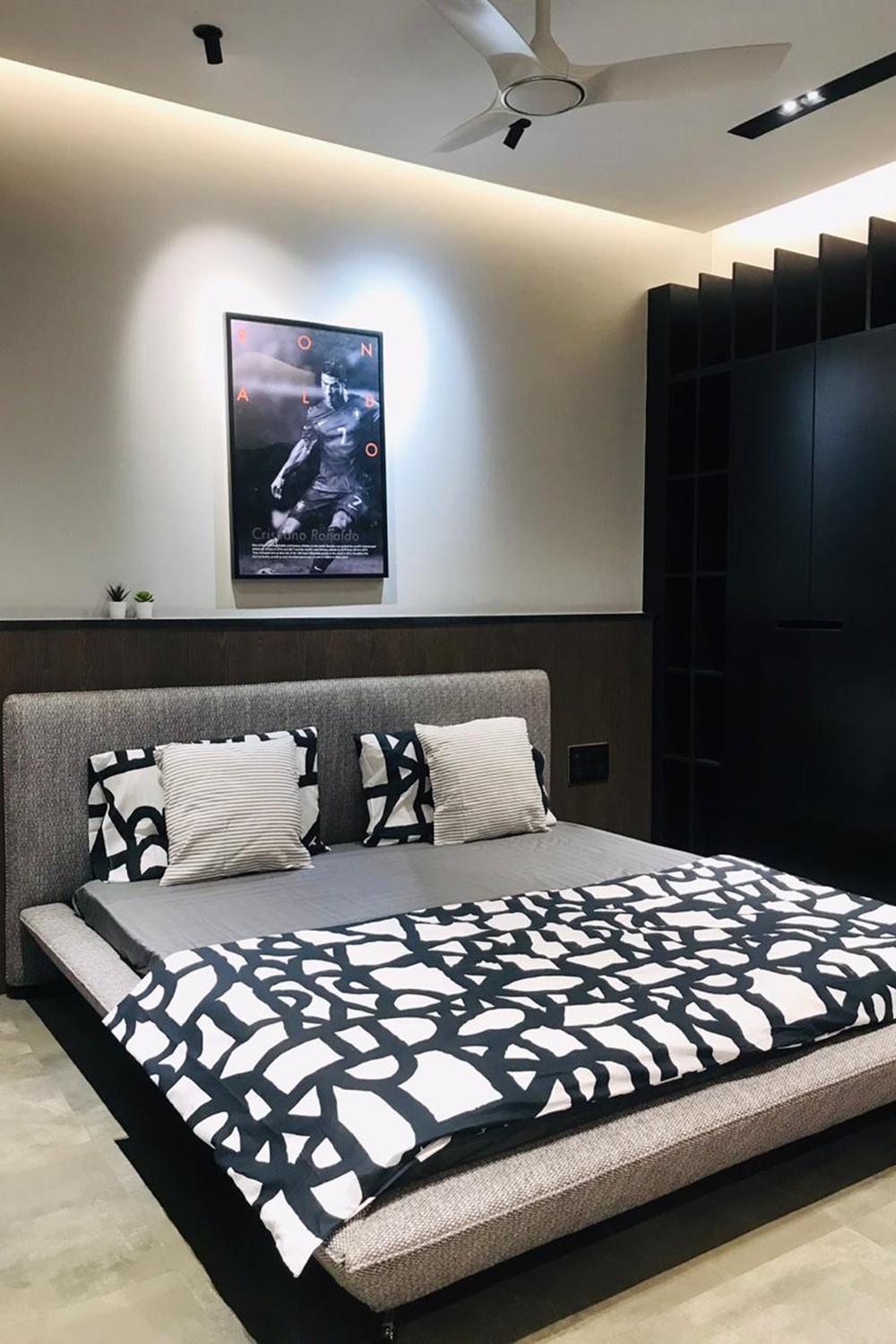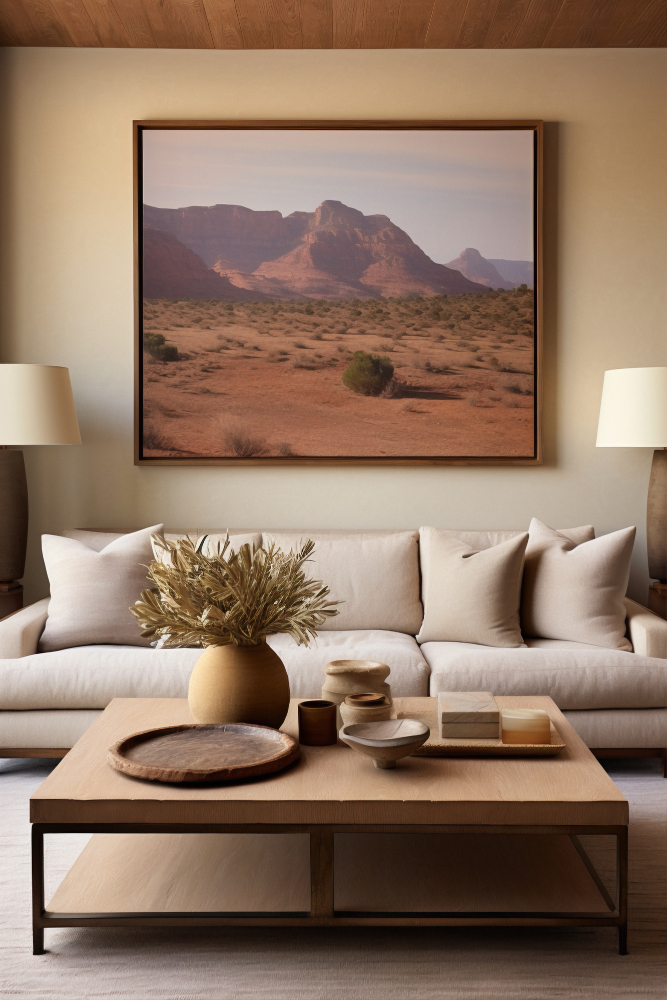
Soft furnishing.
Soft furnishings in a bedroom refer to the various fabric-based items that add comfort, warmth, and aesthetic appeal to the space. These elements are key to creating a cozy and inviting atmosphere, allowing for personalization through textures, colors, and patterns.
Key Elements of Soft Furnishings:
Bedding:
- Bed Sheets: Available in various materials like cotton, linen, silk, or microfiber. High-thread-count cotton sheets (like Egyptian cotton) offer softness and durability, while linen sheets give a relaxed, breathable feel.
- Duvets and Comforters: Thick, padded covers that provide warmth. Duvets come with removable covers, making it easy to change the look, while comforters are typically one-piece.
- Blankets: Throw blankets or knitted blankets add layers of texture and warmth. They can be draped over the bed for a casual, cozy look.
- Pillows:
- Sleeping Pillows: Come in various firmness levels and materials, including down, memory foam, and hypoallergenic options.
- Decorative Pillows: Accent pillows add style and color to the bed. They can feature patterns, textures like velvet or embroidery, and shapes that complement the room’s design.
Curtains and Blinds:
- Curtains: Soft fabric curtains contribute to the bedroom's ambiance by controlling light and adding color and texture. Popular materials include velvet (for a luxurious feel), linen (for an airy, natural look), and blackout fabrics (for blocking light and ensuring privacy).
- Blinds: Roman blinds, roller blinds, or fabric-covered panels provide a tailored and modern look while offering privacy and light control.
- Layering: Combining sheer curtains with heavier blackout curtains can create a versatile look while allowing for control over natural light levels.
Rugs:
- Area Rugs: Placed under or around the bed, rugs add warmth and texture to hardwood or tiled floors. They soften the room’s look and provide a comfortable surface for walking.
- Material: Wool rugs offer softness and insulation, while synthetic fibers are more affordable and easier to clean. Natural fibers like jute or sisal bring an organic feel to the space.
- Patterns and Colors: Rugs can introduce bold patterns or rich colors to the bedroom, complementing or contrasting the bedding and furniture.
Cushions and Throws:
- Throw Cushions: These small, decorative cushions add texture and color to the bed, chair, or bench, contributing to the bedroom’s overall aesthetic.
- Throws: Draped over the foot of the bed, a chair, or a sofa, throws offer warmth and a casual touch. Materials like wool, cashmere, or faux fur add luxury and comfort.
Upholstery:
- Headboards: Upholstered headboards in soft fabrics like velvet, linen, or leather bring an added sense of comfort and luxury to the bed. They provide a cushioned surface for reclining and create a visual focal point.
- Chairs or Benches: Bedroom seating, such as a chair, ottoman, or bench, often features soft fabrics like cotton, velvet, or leather, enhancing both comfort and style.
- Window Seats: If the bedroom has a window seat, cushions and padded seating can transform it into a cozy nook for reading or relaxing.


